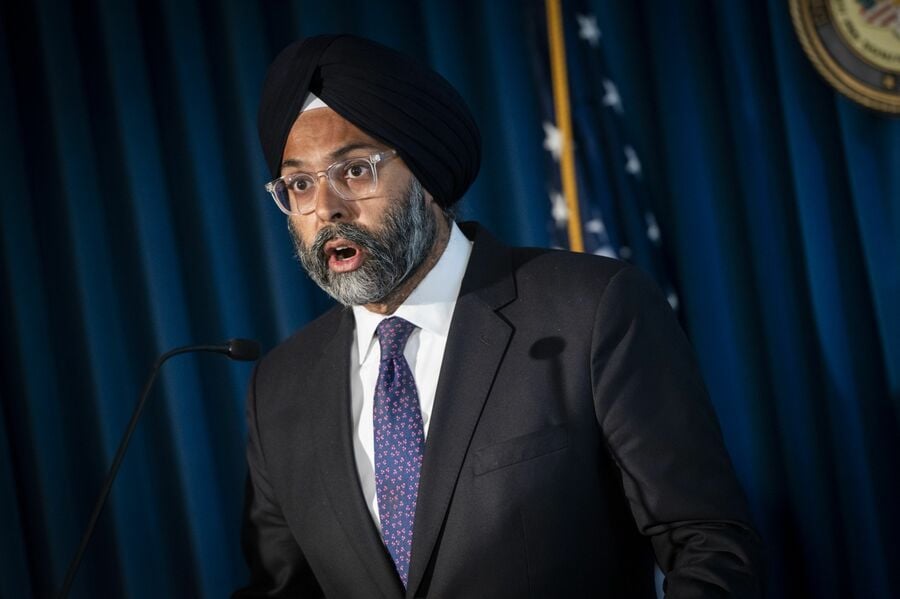

SEC Enforcement Director Gurbir Grewal told lawmakers Tuesday that his division will help ensure Regulation Best Interest delivers on its investor protection promises.
In an appearance before a House subcommittee, Grewal indicated that the Securities and Exchange Commission’s first Reg BI enforcement action last month won’t be its last.
The SEC filed a complaint in a California federal court against Western International Securities Inc. and several of its registered representatives for allegedly recommending highly illiquid, risky debt securities to elderly investors for whom they were inappropriate investments. The brokerage denied the charges.
The SEC has made probing compliance with Reg BI an examination priority again this year. Grewal said the initial Reg BI case was referred to enforcement by the SEC Division of Examinations.
“There are other referrals,” Grewal said at a hearing of the House Financial Services Subcommittee on Investor Protection, Entrepreneurship and Capital Markets. “It remains to be seen. But it’s my hope with enforcement actions, with education and with compliance, that [Reg BI] is having its desired effect in the market.”
The broker-dealer standard of conduct, which prohibits brokers from putting their financial interests ahead of their customers’ interests, went into force in June 2020. Since then, it’s been the subject of debate about whether it's curbing brokers’ conflicts of interest.
The rule was approved by the SEC under former Chairman Jay Clayton and a Republican majority. Current SEC Chairman Gary Gensler, who leads a Democratic-majority SEC, has not attempted to rewrite Reg BI.
Instead, Gensler has emphasized the use of SEC guidance and enforcement to put teeth into the regulation. In a recent InvestmentNews interview, Gensler indicated the agency will be releasing staff bulletins on various aspects of the regulation.
Capitol Hill Democrats and many investor advocates opposed Reg BI, arguing that it's weaker than the fiduciary duty that continues to govern investment advisers.
Rep. Maxine Waters, D-Calif. and chair of the House Financial Services Committee, referred to the broker standard as the “flawed Regulation Best Interest” during the subcommittee hearing.
“Calling something best interest doesn’t make it so,” Waters said. “For example, it relied excessively on disclosure to cure deep conflict-of-interest problems. It allows brokers to place their interests [on] par with that of the investors.”
Reg BI also came up during a hearing discussion about gamification.
Rep. Sean Casten, D-Ill., expressed worry about Robinhood using gamification to encourage investors to make risky trades that the online broker then profits from because of payment for order flow. He referred to a constituent, Alex Kearns, who killed himself when he mistakenly thought he owed more than $700,000 to Robinhood due to options investments that faltered.
“We still have not created the regulatory conditions to protect future Alex Kearns from being caught up in this same toxic brew,” Casten said.
Grewal responded that Reg BI has a role to play in the scenario.
“I’m concerned when gamification crosses the line into a recommendation,” Grewal said. “If it does, those folks have to comply with Reg BI. I see that as an avenue for us to get involved in that space.”
During his testimony, Grewal urged lawmakers to support the increased funding in the SEC’s budget request, which would allow the enforcement division to add more than 100 positions.

Integrated Partners is adding a mother-son tandem to its network in Missouri as Kestra onboards a father-son advisor duo from UBS.

Futures indicate stocks will build on Tuesday's rally.

Cost of living still tops concerns about negative impacts on personal finances

Financial advisors remain vital allies even as DIY investing grows

A trade deal would mean significant cut in tariffs but 'it wont be zero'.
RIAs face rising regulatory pressure in 2025. Forward-looking firms are responding with embedded technology, not more paperwork.
As inheritances are set to reshape client portfolios and next-gen heirs demand digital-first experiences, firms are retooling their wealth tech stacks and succession models in real time.
